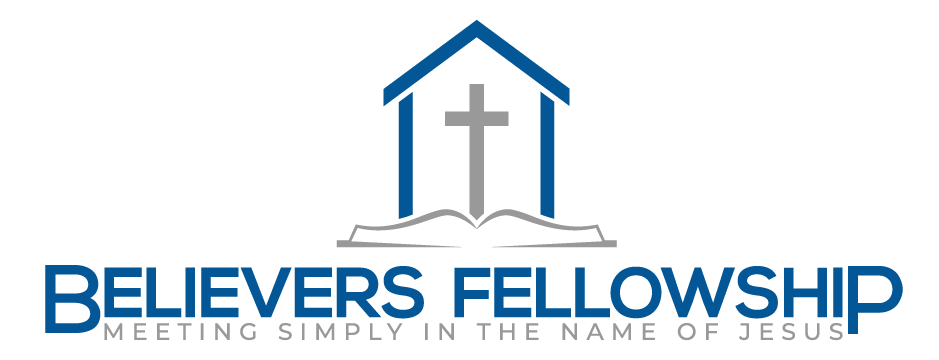What do Hudson Taylor, Jim Elliot, Harry Ironside, and George Muller have in common?
They were all members of the Plymouth Brethren, a group that believes that all Christians are ordained by God to serve and are therefore ministers.
The Plymouth Brethren movement originated in Ireland, where a doctor, a dentist, a lawyer, and an assistant minister started meeting together to celebrate the Lord’s Supper. They did not need ordained ministers or an order or service. Their guide was the Bible alone.
They did not have a name for their movement. People joined from various backgrounds, and they were not part of any official denomination. They were just men, brothers in Christ, doing what the Lord commanded, as laid out in the New Testament, without the man-made traditions that had developed over the centuries in the Christian church.
As the movement grew, they tried to balance the goals of creating a holy and pure fellowship, and allowing all Christians into the fellowship. People wanted simply to meet together in the name of Jesus without reference to denominational differences.
When they expanded into England in 1831, they met in Plymouth and became known as “the brethren from Plymouth,” although many of them did not like to take any name for their movement other than “Christian.”
Since then, the Plymouth Brethren have spread all over the world and have been influential in evangelism, missions, and biblical scholarship.
Most recently, a congregation meeting simply in Jesus’ name has been started in the Huntsville, Alabama area – Believers Fellowship.
Here is a list of men in the Plymouth Brethren movement, including both people in so-called “full-time Christian ministry,” and other men active in the Plymouth Brethren assemblies who worked in other fields to advance God’s kingdom.
- Lancelot Brenton – Translated the most widely used translation of the Septuagint into English
- F.F. Bruce – Biblical scholar and commentator
- Geoffrey Bull – missionary to Tibet
- John Nelson Darby – Commentator noted for his views on eschatology
- Jim Elliot – Missionary to the Auca Indians in Ecuador
- Philip Henry Gosse – Naturalist and marine biologist who created the first public aquarium and wrote a book on insect life in Alabama
- Anthony Norris Groves – Missionary to Baghdad and India; the first Protestant missionary to Arabic-speaking Muslims
- John Eliot Howard – Chemist who developed quinine
- Luke Howard – Father of meteorology, the “namer of clouds”
- Harry Ironside – Bible teacher & commentator and pastor of Moody Church
- William MacDonald – author of Believers Bible Commentary
- C.H. Mackintosh – Preacher & commentator, one of the greatest influences on D.L. Moody
- Dwight L. Moody – evangelist
- George Mueller – Founder of orphanages
- Watchman Nee – Chinese church leader, persecuted and imprisoned after the Communist revolution
- Joseph M. Scriven – author of “What a Friend We Have in Jesus”
- Hudson Taylor – missionary to China
- W.E. Vine – commentator and author of Vine’s Expository Dictionary of Old and New Testament Words
- Orde Wingate – general in the British army
